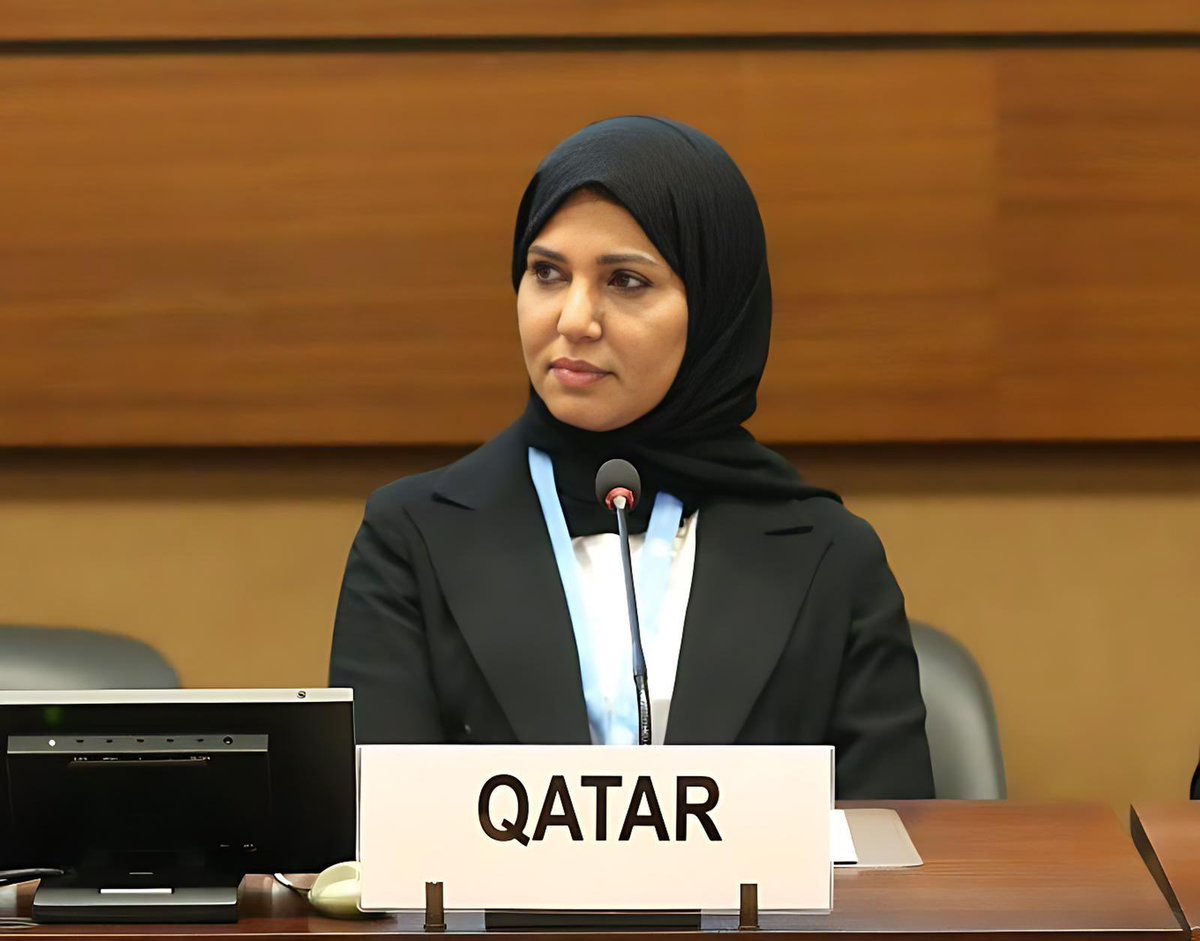The Permanent Representative of the State of Qatar to the UN Office in Geneva, HE Dr. Hind Abdulrahman Al Muftah, recently participated in a panel discussion on women’s leadership in sustainability and climate action. This panel was part of the Qatar National Dialogue for Climate Change (QNDCC) 2024, organized by the Earthna Center for a Sustainable Future and the Ministry of Environment and Climate Change. During the panel, Her Excellency emphasized the urgent need to empower women and increase their involvement in achieving sustainable development, as well as the importance of integrating them into environmental decision-making processes to address global climate change challenges.
Dr. Al Muftah highlighted the diverse leadership styles that are necessary to effectively tackle the various environmental challenges posed by the climate crisis. She emphasized the importance of ambitious climate policies, economic development, education, technological progress, and transitioning towards less resource-intensive lifestyles in order to make progress towards the UN’s Sustainable Development Goals. It is clear that there is no one-size-fits-all approach to addressing climate change, and different leadership styles that adapt to the specific characteristics and challenges of the crisis are needed.
In her remarks, Dr. Al Muftah stressed the collective responsibility of the international community to take urgent climate action. She emphasized that it is not the responsibility of the UN or any single country to address these challenges alone. The time has come to prioritize women’s involvement in climate action, as their absence in decision-making processes could hinder progress towards gender equality. Dr. Al Muftah also highlighted the significant role played by HH Sheikha Moza bint Nasser, Chairperson of Qatar Foundation, in advocating for sustainable urban development and research in renewable energy through Qatar Foundation.
As we move towards a more sustainable future, it is clear that women’s leadership in sustainability and climate action is crucial. Empowering women and integrating them into decision-making processes will not only advance gender equality but also enhance the effectiveness of global efforts to combat climate change. By embracing diverse leadership styles that adapt to the specific challenges posed by the climate crisis, we can make significant progress towards achieving the UN’s Sustainable Development Goals. It is imperative that the international community collectively takes urgent action to address climate change and ensure a sustainable future for generations to come.


























